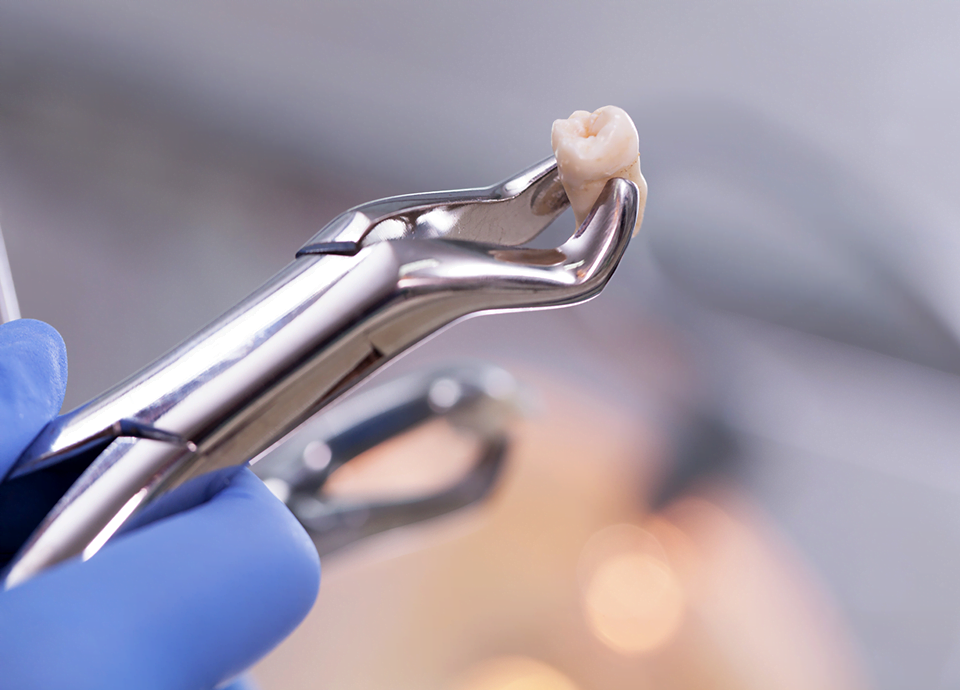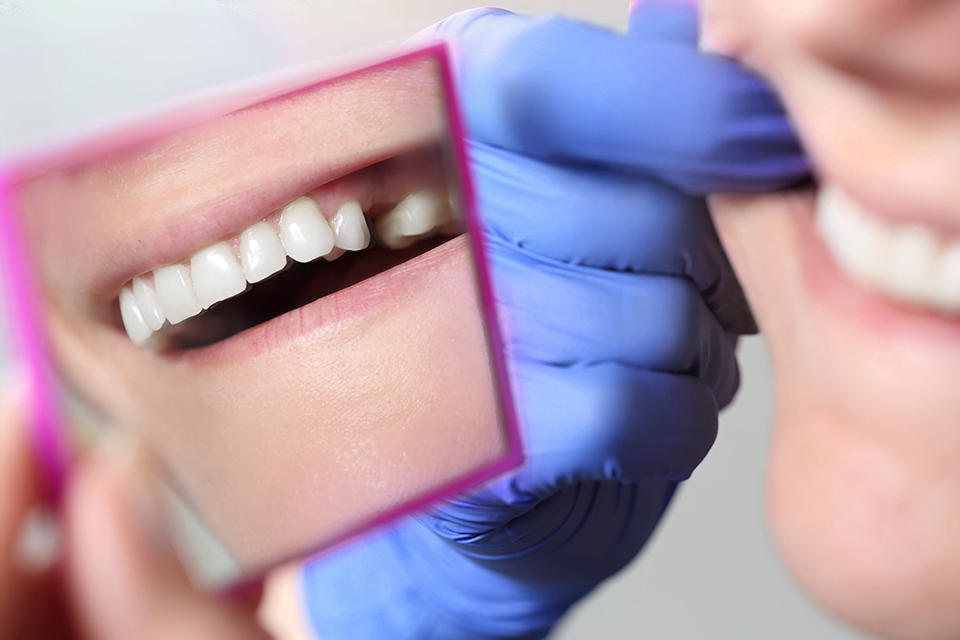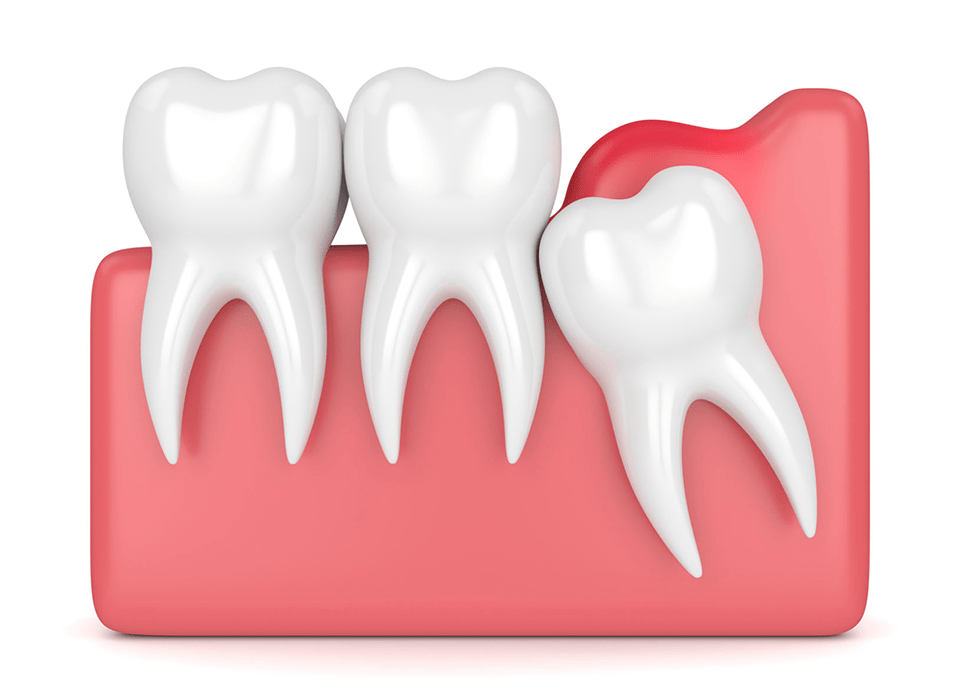
Tooth Extraction
The primary goal of dentists is to prevent tooth loss in the mouth. However, current medical and technological developments in the field of dentistry are sometimes not enough to treat the tooth. In these cases, tooth extraction becomes mandatory in order to protect the patient’s health.
The main reasons for tooth extraction are:
- Excessively damaged teeth due to progression of dental caries
- Teeth with unsuccessful root canal treatment
- Teeth that cannot be treated due to trauma
- Inflammatory teeth
- Impacted teeth
- Loose teeth that occur due to gum diseases
Tooth extraction is a procedure that is usually performed under local anesthesia. It is performed with the help of tooth extraction forceps. Some teeth may be too damaged to hold with a tooth extraction forceps or only the roots of the tooth may be left. In such cases, tooth extraction can be performed surgically using various tooth extraction tools. Oral care after tooth extraction is very important. Regular care of the extraction wound after tooth extraction is also important in terms of post-operative wound healing and pain.


Extraction of impacted teeth and wisdom teeth
With the developing technology, the foods consumed by people have become softer, and accordingly, the human chin has become smaller compared to the past. As a result of this shrinkage in the human jaw, the lack of enough space for 32 teeth in the mouth causes some teeth to remain impacted in the jawbone. These teeth are usually canines and wisdom teeth. They can stay in the bone for years without any problems, but sometimes they cause serious problems. If the patient has no problem with impacted teeth, there is no need to apply a treatment for them. However, if they cause any pathological problem, they should be extracted.
Extraction of such teeth is usually performed with surgical procedure.
